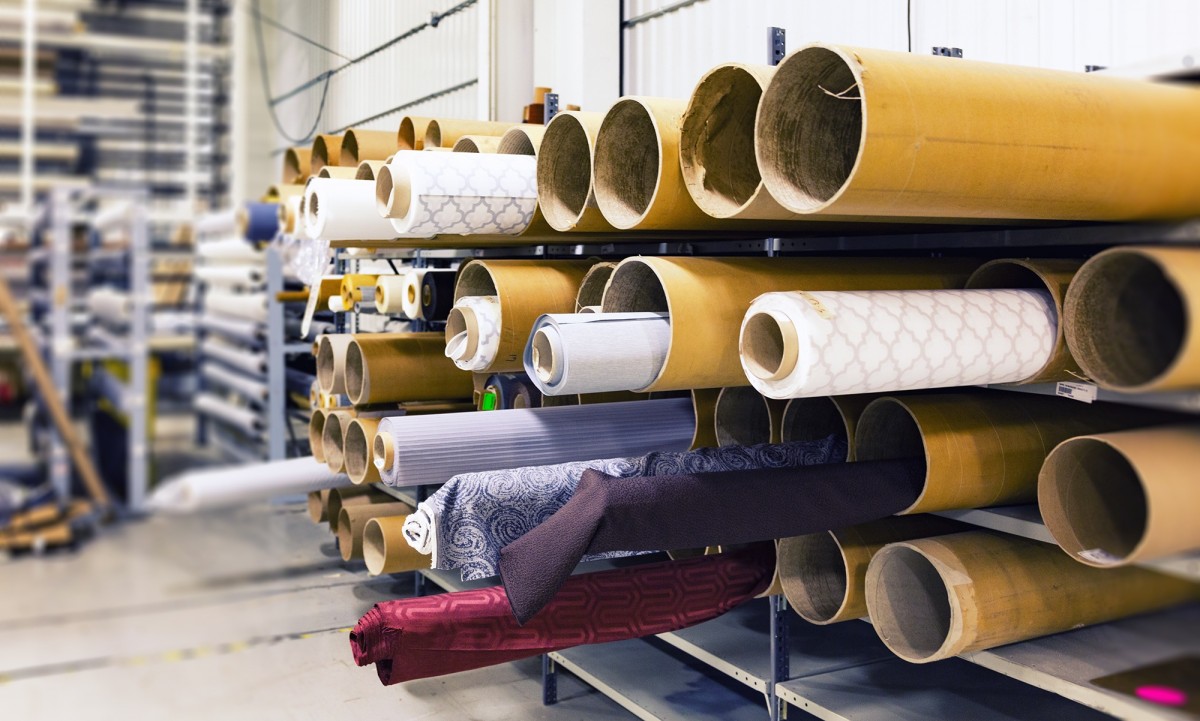Industry supply or manufacturing is the process by which raw materials and goods are transformed into products. In this article, you will find out about the different types of industries that operate to produce goods that meet people’s demands. To know more about industry supply and all of its sectors, read on.
What are Some of the Major Sectors in Industry Supply?
Several industry sectors are involved in the production of goods and services to the public. Some of these sectors have been listed below. So, have a look.
Food Industry
The food industry consists of many small sectors that are involved in the manufacture of food items. This food industry collects raw materials, processes them, preserves them, and converts them into edible goods.
The food business has evolved into a highly diverse industry. This industry includes labor, capital, and many small sectors working under it. Food industries are also heavily dependent on agriculture to collect crops, fish, and even poultry.
Textile Industry
Textile industries also have sub-sectors operating under them. The most famous industry-related sector in the textile industry is the RMG sector or the ready-made garments sector. This sector is involved in producing clothing from wool, threads, etc., in many countries. Natural fibers such as cotton and yarn are first extracted to make clothing apparel.
The textile industry can prove to be one of the most prominent sectors that leads to its growth.
Automotive Industry
This industry is heavily reliant on technology to produce motor vehicles for transport. The automotive industry is mainly involved in the production of cars. But it is not engaged in the maintenance of these cars or vehicles after their production. This industry is not just interested in producing or manufacturing cars or cars but also in ensuring their safety.
What Are Some Other Major Sectors Involved in Industry Supply?
Several other sectors are involved in the production of goods or services. Industries mainly need to operate on a large scale for producing these goods and services.
Chemical Industry
The chemical industrial parts used for manufactures goods from raw materials such as oil, coal, petroleum, and other natural resources. This chemical industry is also involved in the production of plastic and polymer-based products. Polymers such as poly-vinyl chloride, polyethylene, polystyrene, and different kinds of polymers are produced. They are made by chemical manufacturing.
Electronics Industry
The electronics industry is involved in the development of consumer goods related to the IT sector. It is the most significant sector manufacturing electronics items from the twentieth century. This electronic industry also has many sub-divisions. The semiconductor industry provides power to the electronics industry.
The electronics industry is involved in producing items like phones, cameras, MP3 players, smartphones, and even devices like calculators. Advancements or progress in the electronics industry ensures that consumers continue to get the best electronics products.
Some Unique Industries
Some unique industries operate differently than the more common ones. These have been listed below.
Mining Industry
The mining industry is one of the unique industries among all sectors involved in producing goods and services. Mining is the process of extraction of raw materials from underneath the Earth’s surface. This may include the collection of valuable mineral ores such as coal, limestone, gemstones, or even other valuable rocks.
However, this mining produces some negative impacts on the environment. This occurs when the mining activity is being carried out and even when the mining stops. Most countries and states have rules and regulations in the mining sector to minimize the negative consequences.
Transport Industry
The transport industry regulates the movement of people and freight goods from one place to another. This movement usually occurs on land, in air, and in water bodies. The transport industry regulates the activity of transport systems on land and other places. These transport systems include the movement of buses, trucks, etc., on land. It even oversees the campaigns of ships, boats, etc., on the water bodies. This sector also overlooks the movement of air transport systems like airplanes.
E-Commerce Industries
E-commerce industries involve the buying and selling of goods with the help of online platforms. These industries have seen a rapid rise, especially during the pandemic, mainly because many people prefer online purchases and transactions now. E-commerce industries involve the use of supply chain management to manage their online businesses.
List of Some Other Sectors
There are several other major and minor industrial sectors. Some of these rely on the workforce to operate, and the others are fully automated. Other industries include finance and insurance, brokerage, construction industry, freight and delivery services industry, Information Technology industry, Business industry, hospitality, healthcare industry, etc.
Conclusion
After the industrial revolution, we can see significant advancements and remarkable progress in industrial sectors. Although the industrial sector provides many valuable goods and services for the people, it also creates a vicious demand cycle for luxury goods. It should also be noted that the role of the government in regulating the industries is essential to prevent activities like corruption in this sector. If stringent policies are applied to minimize the misuse of capital and power in the industrial sector, then the industrial sector can flourish even further.

